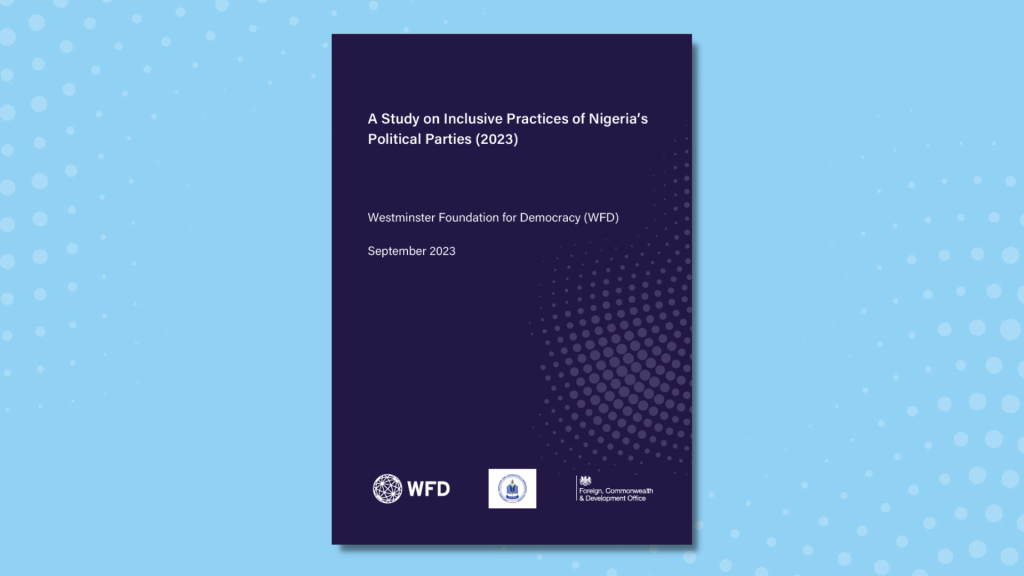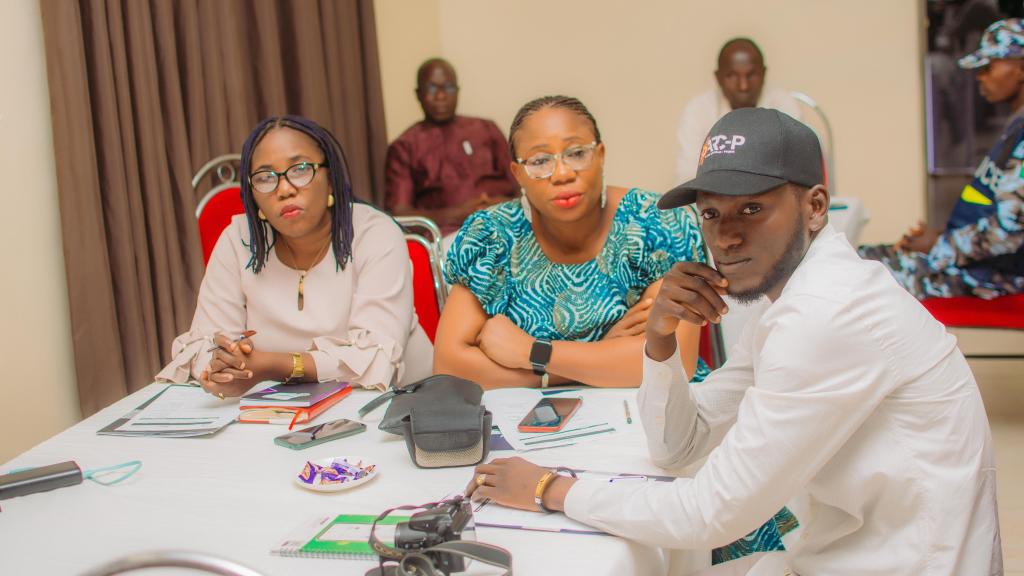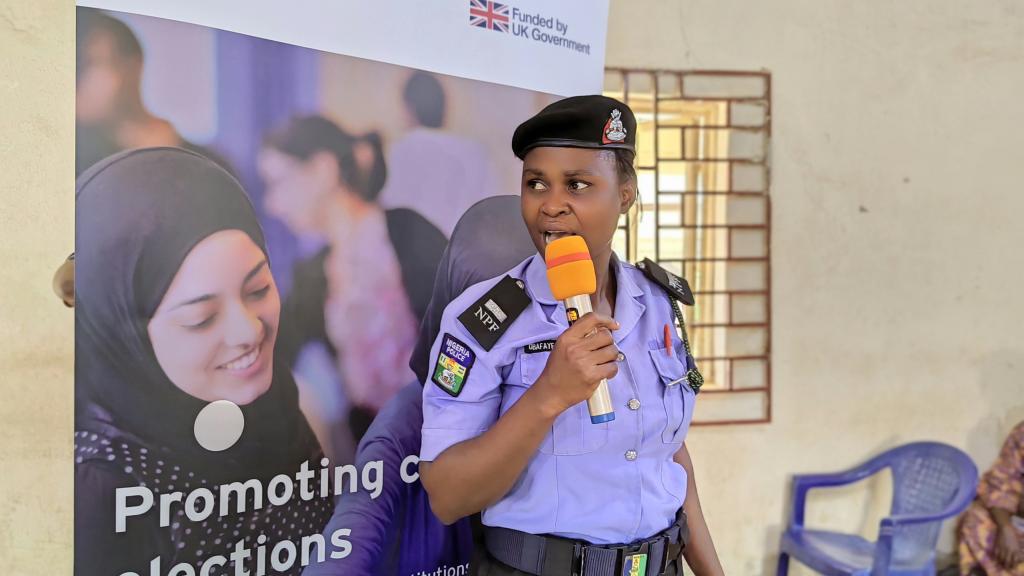The 2025 accessibility audit for enhancing enforcement of the Disability Act in Nigeria’s political space, also known as the EDANPS Survey 2025, is a landscape study that aims to strengthen the enforcement of the Discrimination Against Persons with Disability (Prohibition) Act 2018. This comprehensive audit is supported by the Westminster Foundation for Democracy (WFD) and implemented by the Centre for Ability Rehabilitation and Employment (CARE), with the primary objective of addressing the existing gaps in enforcing the Disability Act.
Despite significant progress made since the enactment of the Disability Act, accessible political participation for persons with disabilities, politicians with disabilities, and aspiring politicians with disabilities remains a significant challenge. The EDANPS Survey 2025 provides an exhaustive examination of the accessibility challenges encountered by Persons with Disabilities (PWDs) within Nigeria’s political landscape. This study was conducted across 49 political party offices nationwide and included Focus Group Discussions/ interviews with PWDs who have vied for political office, electable positions, or held political appointments.
The report’s findings indicated that despite the passage of the Discrimination Against Persons with Disabilities (Prohibition) Act 2018, significant barriers persist. Key findings include only 22.4% of surveyed buildings have accessible ramps. A mere 10.2% feature tactile signage. 55.1% of political party websites and social media platforms are inaccessible to PWDs. 80% of PwD candidates reported facing discrimination during electoral campaigns.
These statistics paint a picture of systemic exclusion that undermines Nigeria’s democratic aspirations and the legal protections promised by the Act. The report positions Nigeria at a critical juncture, highlighting the need for urgent reforms to ensure accessible and inclusive political spaces for PWDs.
Drawing inspiration from international models and benchmarks, such as the UK’s robust accessibility laws and Rwanda’s parliamentary quotas for PWDs, the report proposes actionable reforms. Recommendations span enforceable policy reforms, comprehensive infrastructure upgrades, and targeted support for PwD political aspirants.
With a population of over 200 million, including an estimated 25-30 million PWDs, Nigeria stands to gain immensely from embracing inclusivity. By addressing these issues, Nigeria can transform its political landscape, setting a precedent for disability-inclusive democracy in Africa and beyond, in line with WFD’s mission to strengthen democratic institutions worldwide. In effect, this report offers WFD a detailed blueprint to advocate systemic change, ensuring that PWDs can fully participate in shaping Nigeria’s political future.




